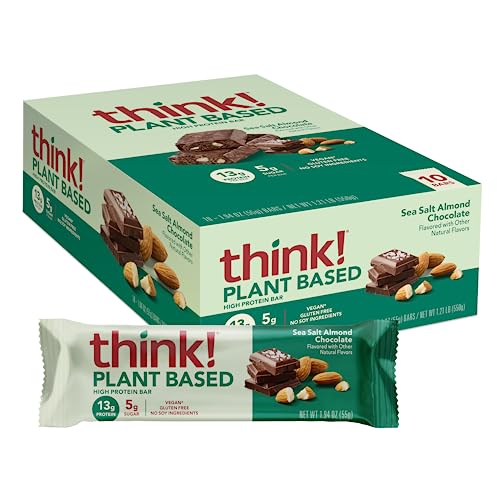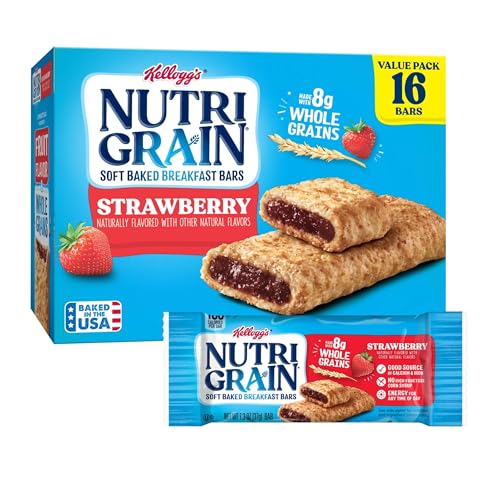
When it comes to your digestive wellness, have you ever considered the impact probiotics could have? These tiny beneficial bacteria might just hold the key to a healthier gut. By maintaining a delicate balance in your intestinal flora, probiotics offer a range of benefits that go beyond digestion. From supporting your immune system to potentially influencing your mood, the influence of these microorganisms is far-reaching. So, are you ready to discover how probiotics could revolutionize your gut health and overall well-being?
Digestive Benefits of Probiotics
Discover how probiotics can aid in improving your digestive health by enhancing the balance of beneficial bacteria in your gut. Probiotics are live bacteria and yeasts that are good for your health, especially your digestive system. They help keep your gut healthy by restoring the natural balance of bacteria in your intestines. By consuming probiotics, you can promote the growth of beneficial bacteria, which can help prevent the overgrowth of harmful bacteria that can lead to digestive issues such as bloating, gas, and diarrhea.
Probiotics work by colonizing your gut and creating a protective barrier that prevents harmful bacteria from taking over. They also help in breaking down food and absorbing nutrients more efficiently, which can improve your overall digestive function. Additionally, probiotics can help regulate bowel movements and reduce inflammation in the gut, promoting a healthy digestive system.
Incorporating probiotic-rich foods like yogurt, kefir, sauerkraut, and kimchi into your diet can help maintain a diverse and healthy gut microbiome, leading to better digestion and overall well-being.
Probiotic Strains for Gut Health
Different probiotic strains play a key role in promoting gut health and supporting overall digestive wellness. Each strain has unique characteristics that offer specific benefits. Lactobacillus acidophilus, commonly found in yogurt, helps maintain a healthy balance of good bacteria in the gut and aids in digestion.
Bifidobacterium lactis is known for its ability to break down lactose, making it easier for individuals with lactose intolerance to digest dairy products. Lactobacillus plantarum supports the immune system and helps reduce inflammation in the gut.
Another important strain, Saccharomyces boulardii, is a yeast-based probiotic that can help prevent diarrhea associated with antibiotic use and support overall gut health. Streptococcus thermophilus aids in the production of lactase, an enzyme that breaks down lactose.
These are just a few examples of the many probiotic strains that can positively impact your digestive system. When choosing a probiotic supplement, consider your specific needs and consult with a healthcare provider to determine the best strains for you.
Enhancing Nutrient Absorption With Probiotics
Enhancing nutrient absorption can be effectively achieved through the incorporation of probiotics into your daily diet. Probiotics play a vital role in maintaining a healthy balance of gut bacteria, which is essential for optimal nutrient absorption in your digestive system. These beneficial bacteria help break down food compounds, making it easier for your body to absorb essential nutrients like vitamins, minerals, and amino acids.
By promoting a healthy gut environment, probiotics can enhance the absorption of nutrients such as calcium, iron, and magnesium. This improved absorption can lead to better overall health and well-being. Additionally, probiotics have been shown to help regulate inflammation in the gut, further supporting nutrient absorption and reducing the risk of nutrient deficiencies.
Incorporating probiotic-rich foods like yogurt, kefir, sauerkraut, and kimchi into your diet can help boost your probiotic intake and support enhanced nutrient absorption. Consider adding these foods to your meals regularly to reap the benefits of improved digestive wellness and nutrient absorption.
Tips for Incorporating Probiotics Into Your Diet
To easily incorporate probiotics into your diet, consider including a variety of fermented foods and beverages rich in beneficial bacteria. Foods like yogurt, kefir, sauerkraut, kimchi, miso, and tempeh are excellent sources of probiotics.
Yogurt with live and active cultures can be a delicious breakfast or snack option. Kefir, a fermented milk drink, is a versatile ingredient that can be enjoyed on its own or added to smoothies. Sauerkraut and kimchi can be tasty additions to salads or sandwiches, providing a crunchy and tangy flavor.
Miso, a traditional Japanese seasoning, can be used to make soups or dressings. Tempeh, made from fermented soybeans, is a great meat substitute in various dishes.
In addition to fermented foods, you can also opt for probiotic supplements to ensure an adequate intake of beneficial bacteria. When choosing a supplement, look for a reputable brand with a variety of strains to support diverse gut health. By incorporating probiotics into your diet through these food and supplement options, you can promote a healthy balance of gut bacteria and improve your digestive wellness.
Trending Products














